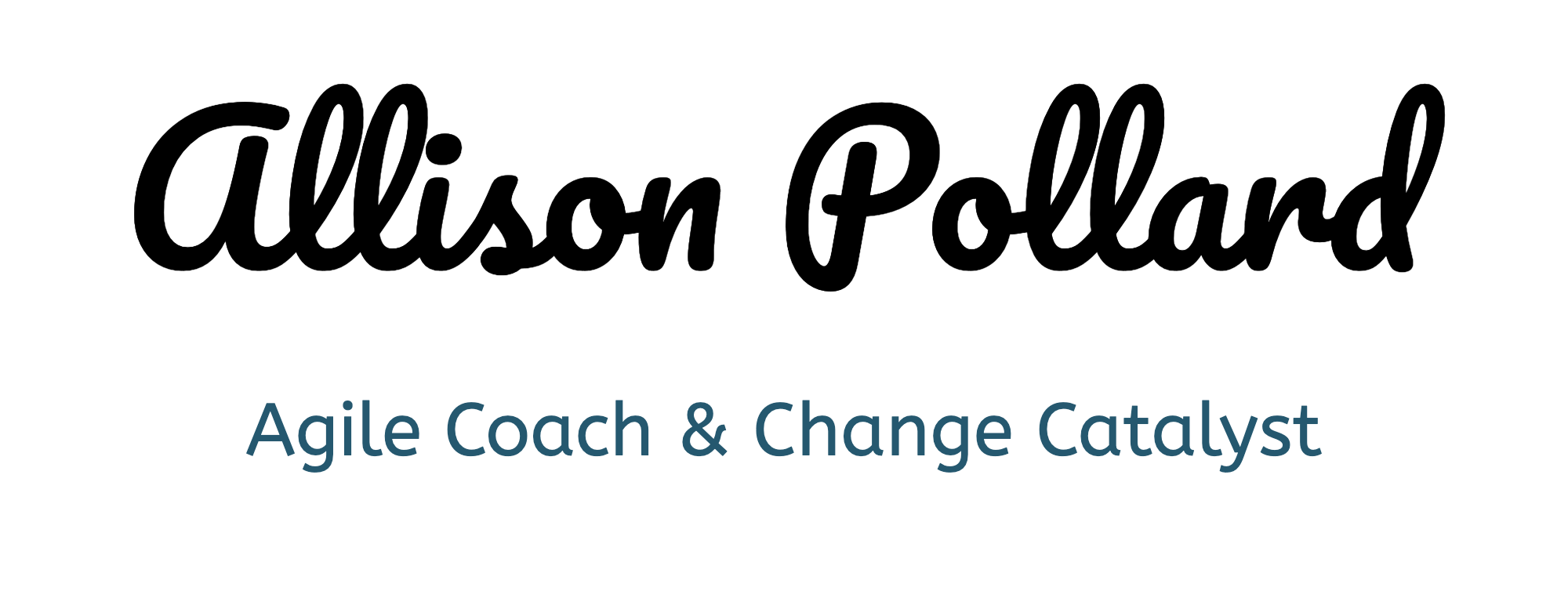Clarity, Chaos, and Agile Coaching
Over a hundred development teams, multiple layers of IT management, several business units, and a culture of busyness. Projects and programs are “behind.” There’s a desire to modernize technologies and upskill employees. The potential investment for change is significant, and agile coaches see an overwhelming number of ways to potentially help teams and the organization at large.
As a coaching group, we may struggle to align on an overarching goal. Most of our time is likely spent with development team members, and we may “take their side” against the organization that has not empowered them. We may juggle training demands and coaching multiple teams, inevitably making trade-off decisions about which team’s events to attend because we cannot be everywhere for everyone. We may take on other people’s problems to solve because we feel compelled to be helpful. The current state of the organization can seem so far from our lofty vision of the future that we lose sight of the small wins.
There will be high stress throughout this process. There will be setbacks, emotional outbursts, and many times when people regret having started a transformation. There will be conflicts be- tween coaches and client staff. There will be disagreements among coaches regarding approach or methods. Even when things appear to be progressing smoothly, it’s likely that problems are lurking just below the surface. (David Nicolette, Technical Coaching for IT Organizational Transformation)
It is easy for the stress to creep in and deplete us. With double- and triple-booked calendars and a fuzzy goal to help people be “more agile,” agile coaches can struggle to show up and be present for all the relationships that need us—teams, their stakeholders, and our coach-colleagues. Nicolette shares a meditation in his book that resonated for me immediately: the eye of the hurricane. I have often called to mind similar imagery when working with groups that are spiraling with conflict, drowning in large amounts of work, or getting stuck in the face of big challenges. I take a deep breath to find the calm within myself so I can think more clearly. We must learn to take care of ourselves as agile coaches so we can best serve others.
From the eye of the hurricane, we may see when we’re operating from a common assumption that every team needs the same agile capabilities and proficiencies. Does every application or product require the utmost agility? Maybe not. It’s not for us as agile coaches to decide.
We can reduce stress on ourselves and others by having upfront conversations with leadership about what capabilities they desire from teams and the value those will provide to them and the organization. Gaining clarity on the target means we also discuss the investments (e.g., training, coaching support, infrastructure/tooling, organization structure changes, etc.) that may be needed. Rather than try to effect all sorts of changes under a general goal of “coaching teams to be more agile,” we can partner with leaders and enable them to make more informed decisions about how much to invest in their organization and understand the support they’ll need to provide. Trust is built when we clarify expectations and set more realistic goals for ourselves and for teams.

